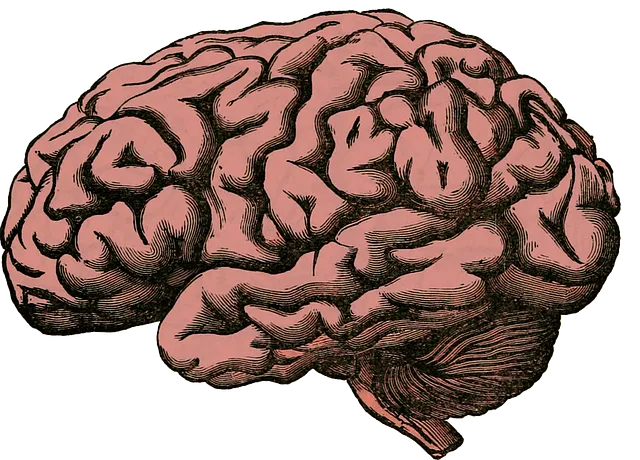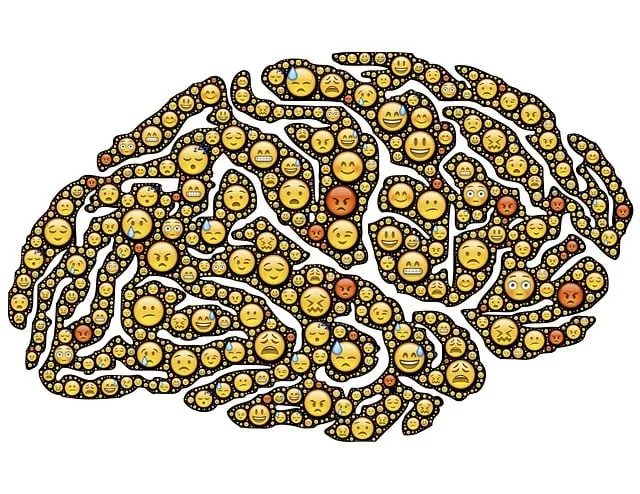Comprehensive analysis of mental health data, including demographic info, clinical assessments, and lifestyle factors, is key to understanding trends and improving patient care at facilities like the Greenwood Village Kaiser Permanente psychiatry phone number. This approach allows healthcare professionals to identify patterns, fill treatment gaps, and tailor interventions based on evidence. In the digital age, technology such as online platforms, mobile apps, and virtual reality therapies are transforming mental health management, empowering patients and enhancing data accessibility for more effective care.
Mental health data analysis is a pivotal component in understanding and addressing psychological well-being. In this comprehensive overview, we explore the intricacies of mental health data collection and its subsequent interpretation. From the bustling healthcare centers like Greenwood Village Kaiser Permanente, we uncover how technology revolutionizes data gathering, offering insights through advanced analytics. This article delves into the implications for patient care, revealing how data-driven strategies can enhance treatment outcomes. By understanding these trends, professionals can tailor interventions, ultimately improving mental health services.
- Understanding Mental Health Data: A Comprehensive Overview
- The Role of Technology in Data Collection and Analysis
- Interpreting Findings: Implications for Patient Care and Treatment Strategies
Understanding Mental Health Data: A Comprehensive Overview

Understanding Mental Health Data involves a comprehensive overview of various factors and indicators that reflect an individual’s or population’s mental wellness. This includes demographic information, clinical assessments, symptom tracking, treatment outcomes, and quality-of-life measures. By analyzing trends and patterns within these datasets, healthcare professionals can gain valuable insights into the prevalence and progression of mental illnesses, such as depression, anxiety, and psychotic disorders. The process leverages advanced statistical techniques and data visualization tools to uncover correlations between mental health status, lifestyle factors (like stress management), socio-economic conditions, and environmental influences.
For instance, a detailed examination of patient records at Greenwood Village Kaiser Permanente’s psychiatry phone number can reveal not only the distribution of diagnosed mental illnesses but also potential gaps in current treatment approaches. This data-driven perspective empowers mental health care providers to design more effective interventions, including tailored Mental Wellness Coaching Programs and targeted Reduction Efforts against the Stigma associated with Mental Illness. Such insights are crucial for optimizing resource allocation, improving patient outcomes, and fostering a better understanding of Mental Health within communities.
The Role of Technology in Data Collection and Analysis

In today’s digital era, technology plays a pivotal role in mental health data analysis and interpretation. Innovative tools and platforms, such as those utilized by Greenwood Village Kaiser Permanente psychiatry services, facilitate efficient data collection and streamlined analyses. Through secure online platforms, patients can access resources, track symptoms, and share insights with their care teams, enhancing continuous monitoring and personalized treatment plans.
Moreover, digital solutions like Compassion Cultivation Practices and Self-Awareness Exercises have integrated into mental health management. Mobile applications and virtual reality therapies offer engaging and accessible ways for individuals to engage in Mental Health Awareness activities, promoting self-reflection and coping mechanisms. This shift towards technology not only improves data accessibility but also empowers individuals to take a more active role in their mental well-being, ultimately enhancing the effectiveness of treatment interventions.
Interpreting Findings: Implications for Patient Care and Treatment Strategies

When analyzing mental health data, interpreting findings is a critical step that directly impacts patient care and treatment strategies. This process involves identifying patterns, trends, and correlations within the data that can provide valuable insights into an individual’s mental well-being. For instance, at Greenwood Village Kaiser Permanente psychiatry phone number, therapists might uncover elevated rates of anxiety and depression among their patients, which could indicate a need for more accessible mindfulness meditation programs or compassion cultivation practices to address these prevalent issues.
By understanding the data, healthcare professionals can tailor interventions effectively. For example, if the analysis reveals a high incidence of depression prevention challenges among certain demographics, targeted therapy sessions focusing on specific coping mechanisms and resilience-building strategies could be implemented. This data-driven approach not only personalizes treatment but also optimizes resource allocation, ensuring that evidence-based practices are employed to enhance patient outcomes.
Mental health data analysis plays a pivotal role in enhancing patient care, as demonstrated by the integration of technology at Greenwood Village Kaiser Permanente. By employing advanced tools and techniques, healthcare providers can gain valuable insights from patient records, leading to more effective treatment strategies. The interpretation of these findings is crucial, enabling psychiatrists, like those available at the psychiatry phone number for Kaiser Permanente in Greenwood Village, to tailor interventions and improve overall mental health outcomes. This data-driven approach ensures that care remains not only evidence-based but also personalized, ultimately fostering better patient engagement and satisfaction.






